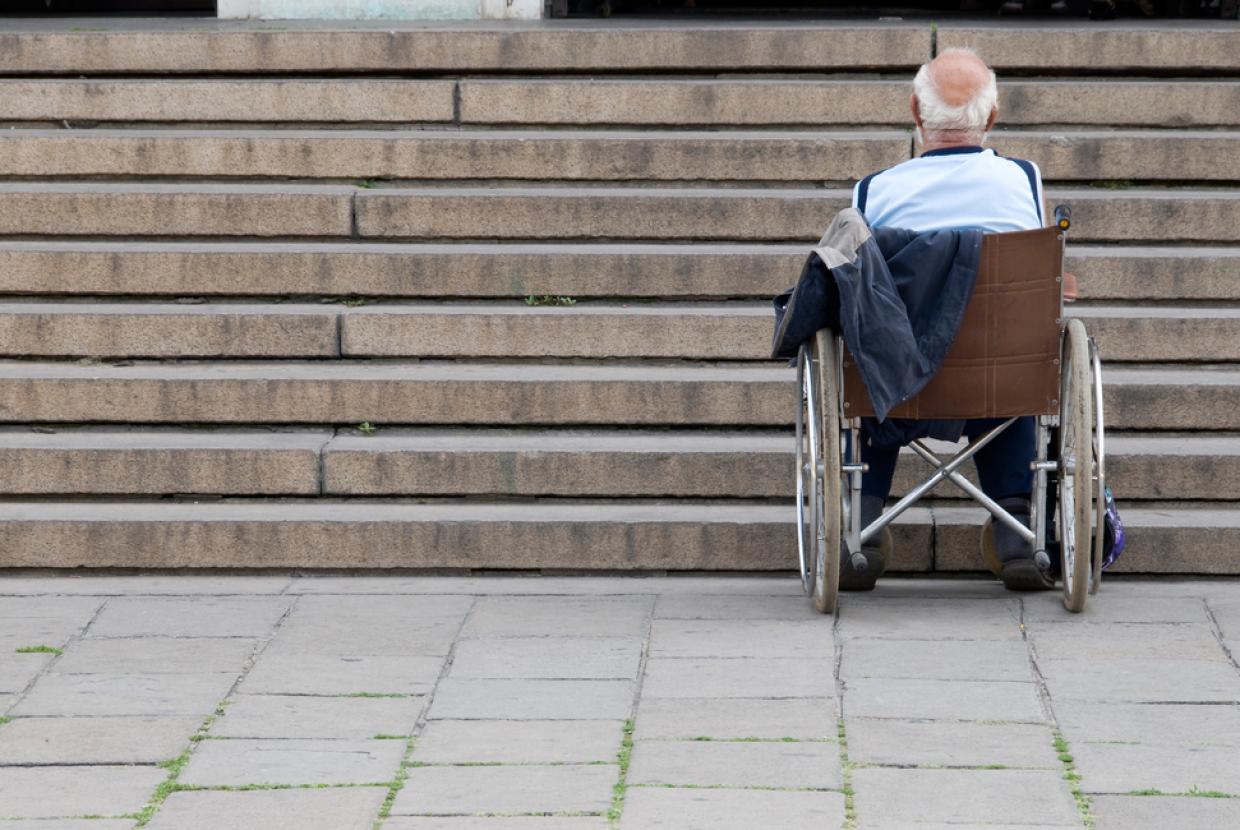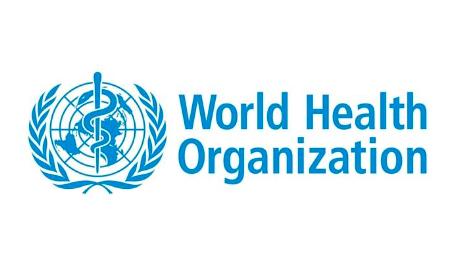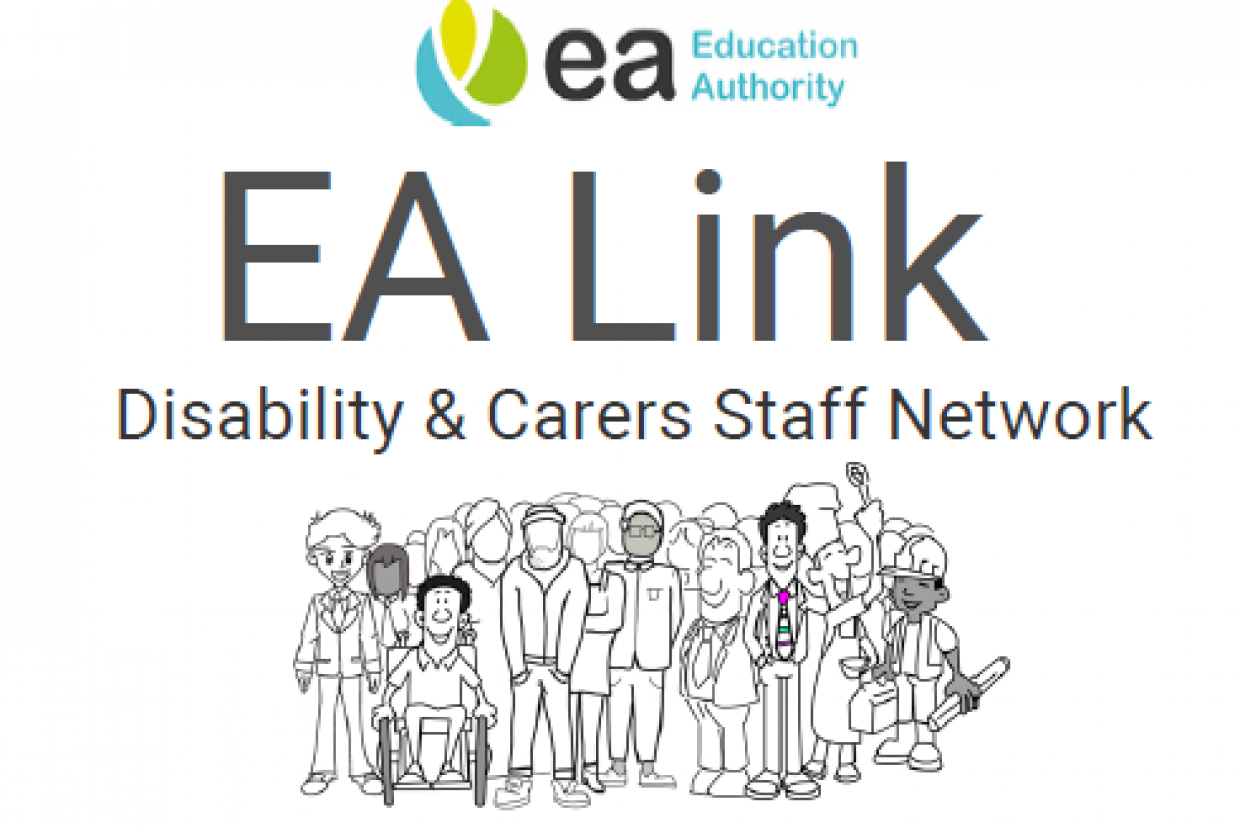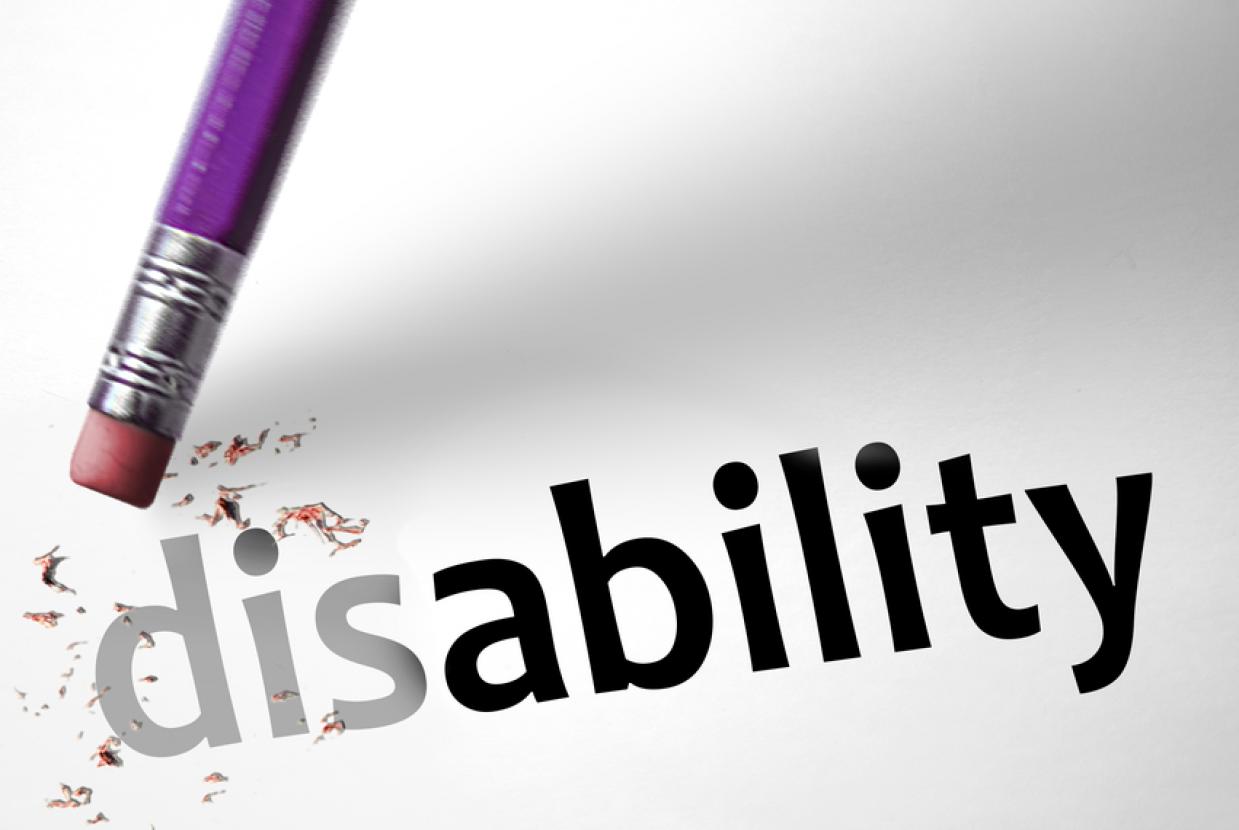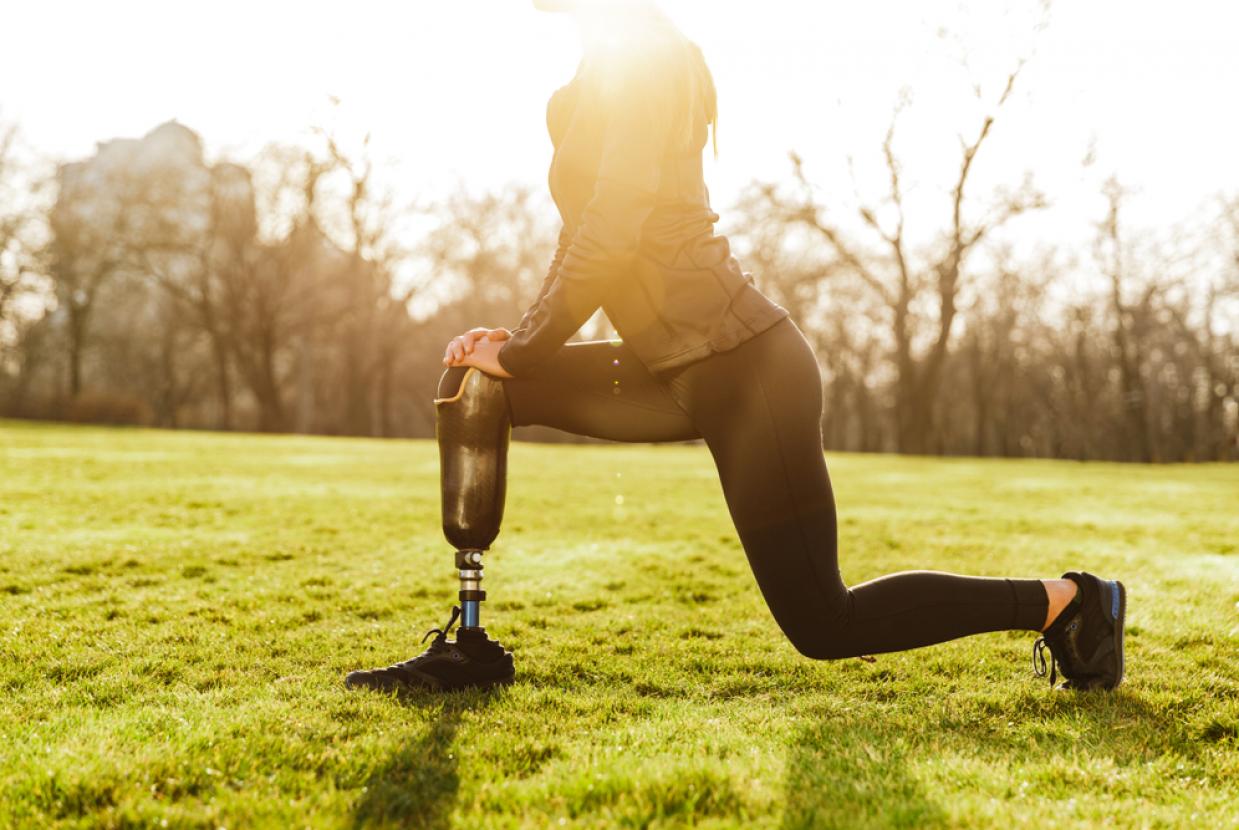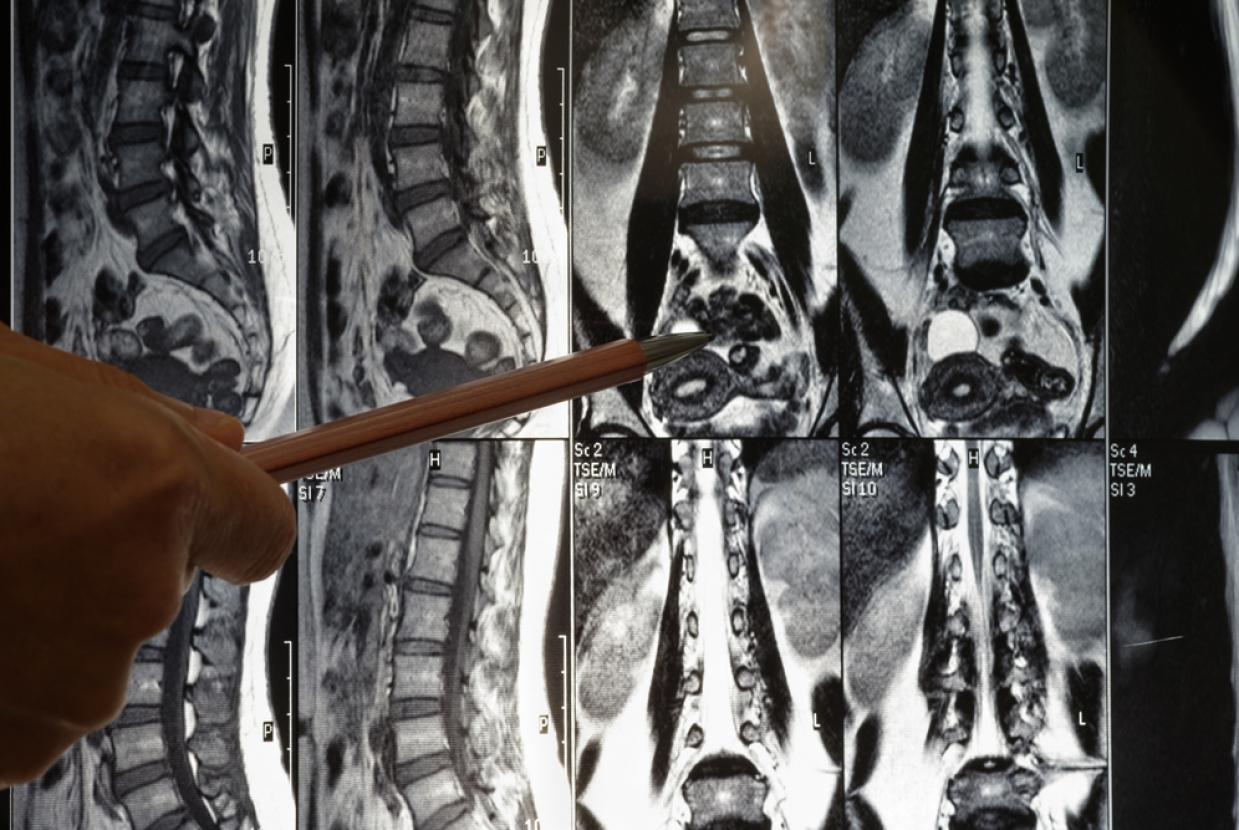Barriers To Health Care
People with disability encounter a range of barriers when they attempt to access health care including the following.
Prohibitive costs
Affordability of health services and transportation are two main reasons why people with disability do not receive needed health care in low-income countries - 32-33% of people without disability are unable to afford health care compared to 51-53% of people with disability.
Limited availability of services
The lack of appropriate services for people with disability is a significant barrier to health care. For example, research in Uttar Pradesh and Tamil Nadu states of India found that after the cost, the lack of services in the area was the second most significant barrier to using health facilities.
Physical barriers
Uneven access to buildings (hospitals, health centres), inaccessible medical equipment, poor signage, narrow doorways, internal steps, inadequate bathroom facilities, and inaccessible parking areas create barriers to health care facilities.
For example, women with mobility difficulties are often unable to access breast and cervical cancer screening because examination tables are not height-adjustable and mammography equipment only accommodates women who are able to stand.
Inadequate skills and knowledge of health workers
People with disability were more than twice as likely to report finding health care provider skills inadequate to meet their needs, four times more likely to report being treated badly and nearly three times more likely to report being denied care.


